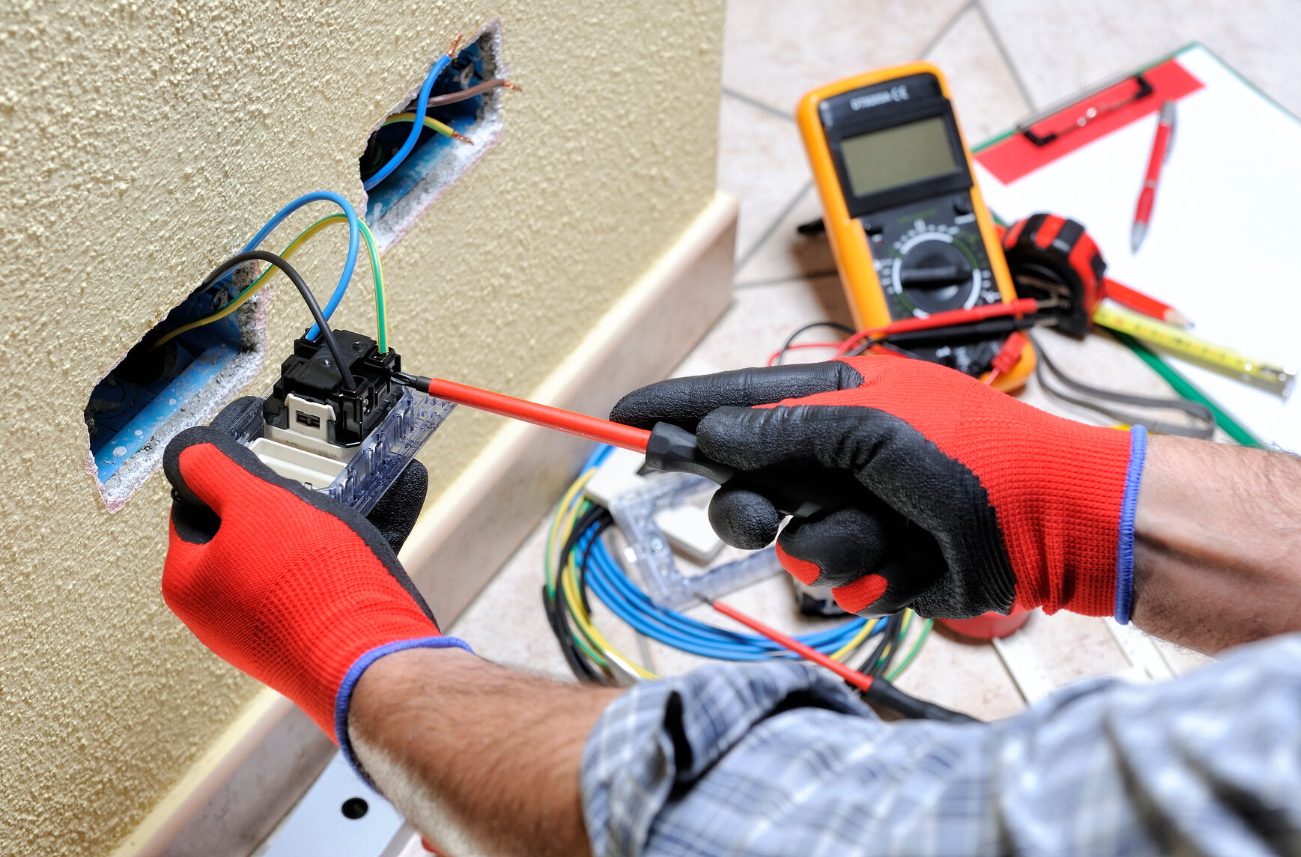
When it comes to electrical work, safety and reliability are paramount. This is especially true in the commercial sector where faulty wiring or improper installation can result in serious consequences for businesses and their customers. That’s why it’s essential for professional commercial electricians to obtain the necessary inspections and certifications that demonstrate their expertise and commitment to quality service.
One of the most important requirements for a professional commercial electrician is a state or local electrical license. This certification ensures that they have met minimum standards for education, experience, and knowledge of local codes and regulations.
In addition to this, many electricians also pursue additional certifications from organizations such as NECA (National Electrical Contractors Association) or IAEI (International Association of Electrical Inspectors). These certifications demonstrate a higher level of expertise in specific areas such as safety protocols, energy efficiency, or advanced troubleshooting techniques.
By obtaining these inspections and certifications, professional commercial electricians show their dedication to providing top-notch service while also giving clients peace of mind knowing that their electrical systems are safe and reliable.
State or Local Electrical License
The possession of a State or Local Electrical License is an essential requirement for all professional commercial electricians, serving as a testament to their competence and commitment to adhering to the industry’s regulations and safety standards.
To obtain this license, electricians must pass a rigorous examination that tests their knowledge in various areas such as electrical theory, wiring methods, and the National Electrical Code (NEC). Additionally, they must meet specific education requirements and demonstrate practical experience in the field.
Having a State or Local Electrical License also ensures that commercial electricians are up-to-date with the latest industry standards and best practices. It gives clients peace of mind knowing that they have hired someone who is knowledgeable about electrical safety codes and can identify potential hazards before they become significant problems.
Moreover, it reflects an electrician’s dedication to providing quality workmanship while adhering to ethical principles. Overall, obtaining a State or Local Electrical License is an impressive achievement for any professional commercial electrician looking to distinguish themselves from others in the field.
